As in 2018, proposals for the fee have been put forward by the compliance scheme Valpak and the Joint Trades Association (JTA), a group of product focused trade associations who work on policy issues around producer responsibility.
The compliance fee is paid by producers who fail to achieve the collection targets set by the 2013 WEEE Regulations. The Regulations are administered by Defra – The Department for Environment, Food and Rural Affairs.
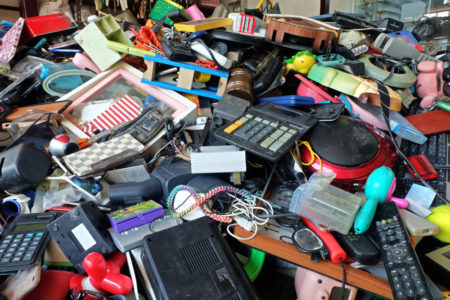
Any compliance fee methodology and compliance fee scheme operator which is approved by Defra’s Secretary of State will be announced by mid-February 2020. The fee and evidence of payment will have to be sent to the government by 31 March 2020.
JTA have been running the compliance scheme for the past two years, as well as running the scheme in 2015.
JTA
The JTA proposal recommends that the compliance fee mechanism is based on the 2018 method, with three modifications.
It particularly focuses on the impact of new Persistent Organic Pollutants (POPs) guidance, which sets maximum concentration levels for POPs in waste to levels below what has been commonly used in products in the past.
Chemicals containing POPs – such as bromine – have been widely used in plastic elements of electrical products due to their fire-retardant qualities.
Susanne Baker, chair of the JTA, explained: “There is a new mechanism in the Fee methodology to ensure that the rising costs in POPs-contaminated plastics does not distort the cost of the Compliance Fee for the affected WEEE streams. This has meant splitting the calculation into two parts – pre- and post POPs.
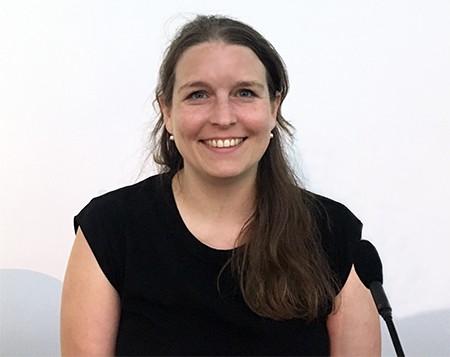
“We are also proposing an adjustment which reflects the challenges: steep increases in targets and a slight delay in the roll out of the national communications campaign. If national targets are missed, the Fee will still exceed the costs of collection but will not be unduly excessive.
She also noted that the proposal strengthened due diligence, quality assurance and governance of both the operation of the Fee and the subsequent WEEE Fund, including the development of a new oversight committee to improve transparency in how the money is being spent.
Valpak
Valpak’s proposal for the compliance fee aims to mitigate the effects if the national 2019 targets are not being met.
A spokesperson for Valpak said: “We believe that the Valpak proposal approach allows for this by ensuring that schemes which have made reasonable efforts to collect, but have not been able to meet their target, are not charged excessive fees.
“It also allows schemes which have over collected to make available their surplus evidence, but not overcharge for the evidence.”
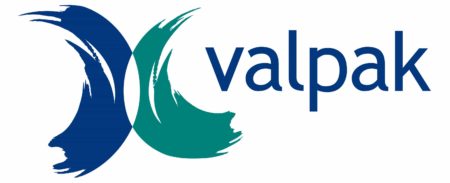
They added: “We have proposals which include a mechanism to adjust the fee based on the proportion of collections which are completed by a scheme via Local Authority Designated Collection Facilities (LA DCF) collections.
“Whilst the regulations do not require PCSs to obtain evidence from LA DCF sources, these mechanisms incentivise schemes to seek Local Authority collections throughout the year rather than being reliant solely on purchased evidence.”
The compliance scheme said that a key difference from previous years is that the escalator for schemes which are not members of the Producer Balancing Scheme (PBS) will only apply for January to July, as membership became compulsory for all schemes in August.
The Valpak proposal also uses an escalator which is based against the national target, therefore the same shortfall in a WEEE stream results in the same compliance fee, irrespective of scheme size.
Reaction
There have been mixed reactions to the JTA and Valpak proposals from those within industry.
Phil Conran – chair of the government’s Advisory Committee on Packaging (ACP) – raised questions about the products which are exempt from the compliance fee in both proposals.
“We still have major concerns as to the way that the compliance fee puts off people from actually going out there and collecting the materials.”
“They are still not charging a compliance fee on large domestic appliances,” he said.
“We still have major concerns as to the way that the compliance fee puts off people from actually going out there and collecting the materials.”
Nigel Harvey – CEO of the Recolight compliance scheme – believed there were issues with how proposals for the compliance fee are submitted.
He said: “I think the Compliance Fee submission criteria should be changed to ensure that proposals can only be submitted by consortia, or groups of organisations. How the Fee is calculated has material commercial implications for an individual WEEE scheme and its producers.
“Proposals from consortia substantially reduce the risk that a methodology could benefit a sole applicant.”
The consultation on the compliance fee closes on 11 November.





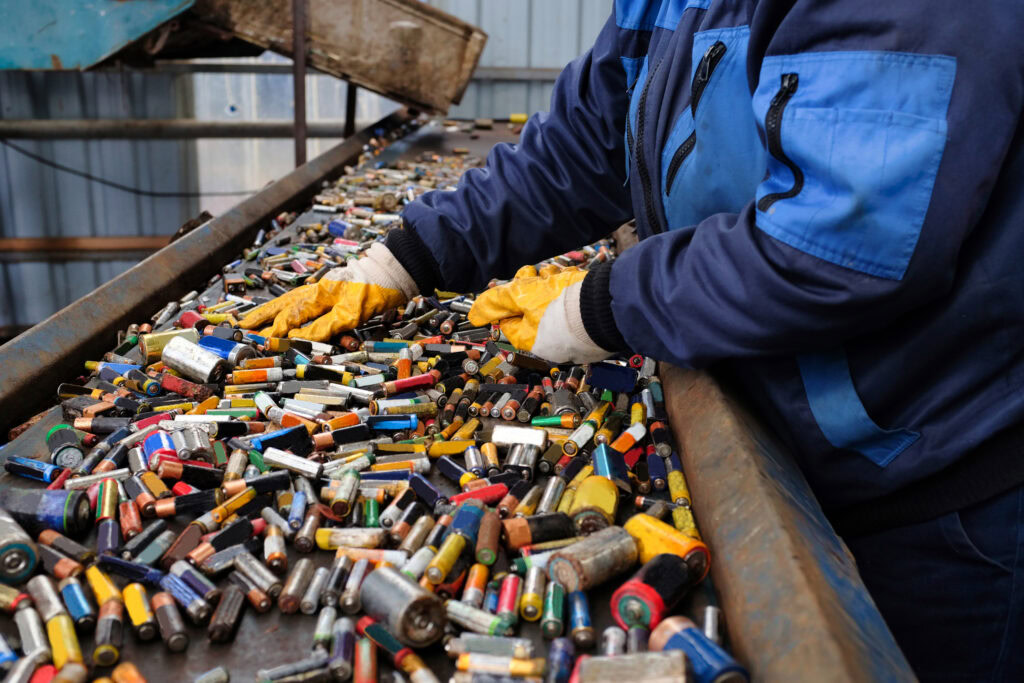
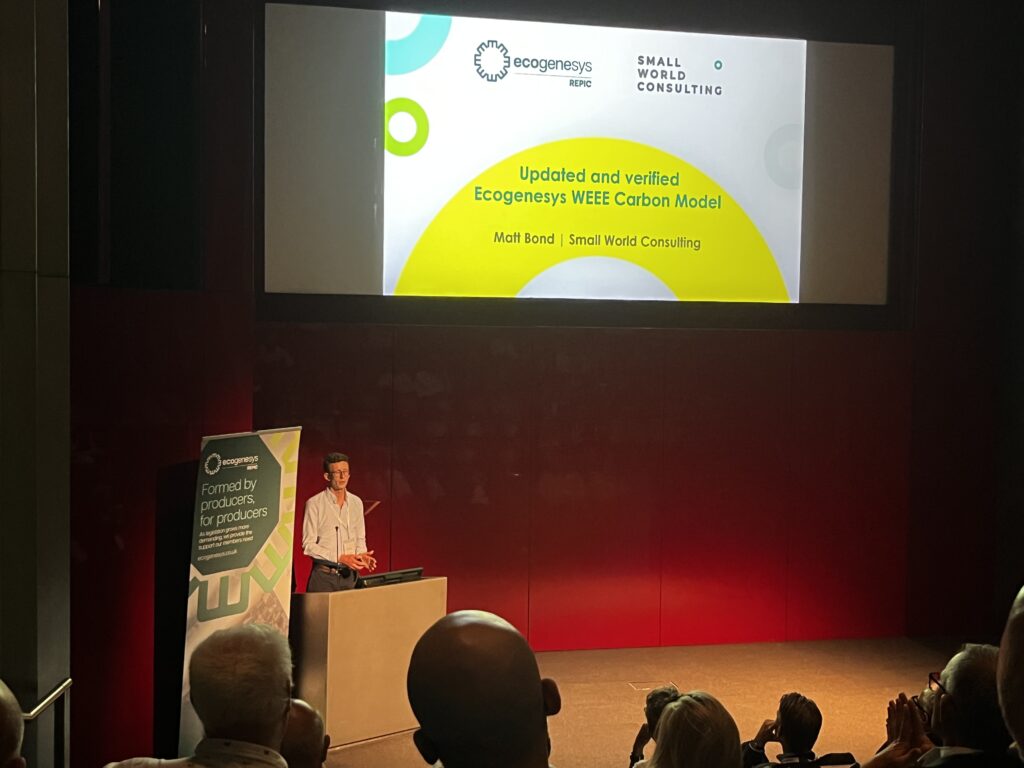


Subscribe for free